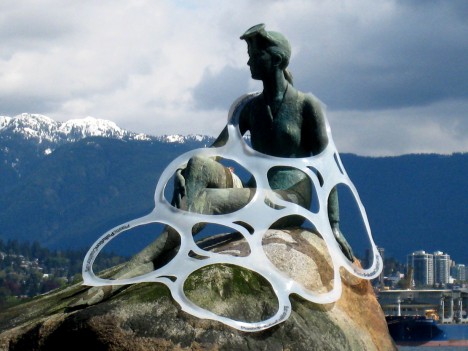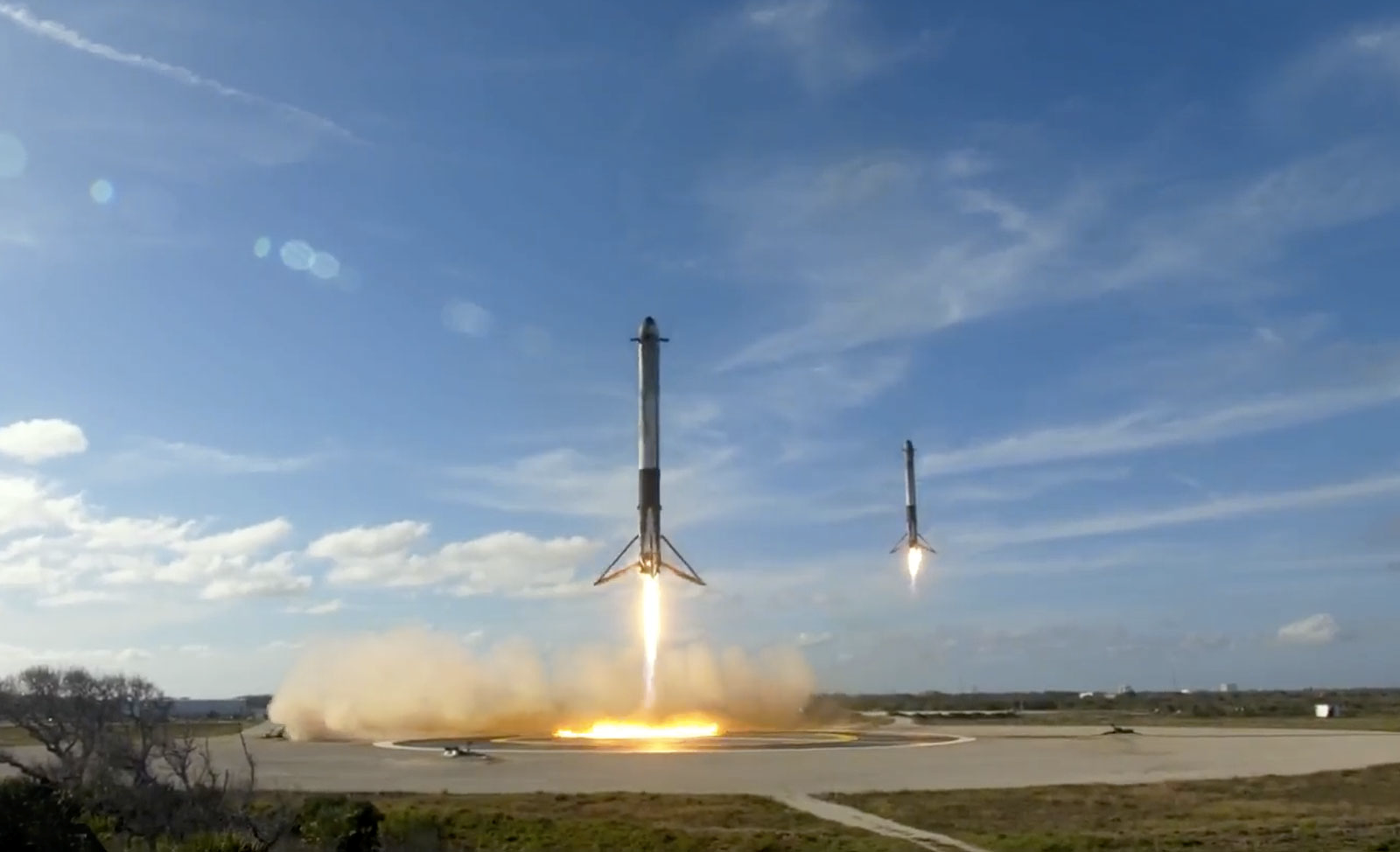
Plastic needs to be banned. Every piece of plastic that you have ever used is still on this Earth.
Plastic is forever. It is not biodegradable therefore it never goes away. Plastic pollution wreaks havoc on our ecosystem as well as our biodiversity.
It seems that the U.S is lagging behind in the efforts to cut down on plastic. According to the article, “Saving the World- One Plastic Bag at a Time” Ireland has placed a “PlasTax” if 20 cents on each plastic bag which has reduced their plastic bag usage by 90 percent! Also in Mumbai, India plastic bags have been banned completely.
The current mass production of plastic is unacceptable. Bottles, straws, lids, utensils, bags are manufactured at a warped speed and are intended for one-time use only. There are an abundant amount of resources we can use other than disposable plastics, yet most people chose not to due to the convenience. Every time we use a plastic bag we are increasing the demand for oil, since oil is a necessity to make plastic, according to “Saving the World- One Plastic at a Time.”
According to the article, “Say no to Plastics,” in the U.S. it estimated that the average family collects about 60 plastic bags in a matter of four shopping trips to the grocery store. America uses 2.5 million plastic bottles an hour. Countries such as China, Bangladesh, Ireland and Australia are taking positive steps by banning the use of single use plastic bags.
There are also toxic chemicals in plastic. According to the article, “Important Call: Plastics Kill” these dangerous chemicals are absorbed by humans and cause hormonal changes. The chemical compounds found in plastics are harming and causing biological effects in both humans as well as animals. Plastic bags are derived from petroleum and polyethylene. Petroleum is a non-renewable natural resource. Extracting petroleum causes damage to the environment while diminishing a natural resource. Polyethylene is extremely hazardous to make. They also take approximately 450 years to decompose in water and 1,000 years to decompose on land, according to a study done by CAAP.
According to the article, “When the Mermaids Cry: The Great Plastic Tide” it found that in 2008 the global consumption of plastic was estimated at 260 million tons! Of the 260 million tons, about 10 percent resurfaces in the oceans. 70 percent sinks, tarnishing the seabed and the remaining 30 percent floats above sea. Washed up along the shores of Japan 150,000 tons of marine plastic particles last year and 300 tons of plastic debris wash up on India’s beaches each day.
If you take a stroll along the beach, or take a walk through the park I can almost guarantee you that plastic debris will be joining you. Plastic is light-weight therefore they fly freely into the air getting caught on tree branches and float along rivers and oceans. Since plastic takes hundreds of years to biodegrade, they basically stay put unless they are disposed.
Last April, I decided to volunteer to help clean the Jersey Shore oceans during the Beach Sweeps program. It was shocking how much plastic I gathered, everything from empty soda bottles, children’s toys, bottle caps, pens, forks to buried buckets. It was a truly eye-opening experience. A major issue that is caused by plastic in the waters is the animals. Animals will mistake plastic debris for food which in turn ends up either causing them great pain because it cannot be digested or death.
Our marine wildlife suffers greatly due to plastic pollution. Marine animals confuse the plastic debris for food, ingesting the plastic causes them to suffocate. I have seen countless photographs of lifeless animals’ stomachs engrossed with plastic particles. The helpless animals’ bodies cannot digest plastic which causes them to die. In the North Pacific about 100,000 marine mammals die every year due to plastic debris in the ocean, states CAAP. Sea turtles often mistake the plastic bags for jellyfish. Seals and sea lions get caught in six-pack rings which cause them to starve to death. It is a travesty that innocent animals are dying due to our laziness to use sustainable products and do away with harmful plastic.
In a 2004 study, conducted by Dr. Richard Thompson in the article, “When the Mermaids Cry: The Great Plastic Tide” he found that a major amount of plastic debris on the beaches of Europe, Australia, the Americas, Africa and Antarctica. He found tiny plastic pellets referred to as “mermaid tears” are a result of plastic wastes that have spread across the world’s seas. Some plastic debris were thinner than a strand of hair, some cannot be seen at all. Small marine mammals such as zooplankton mistakenly ingest these “mermaid tears.” The significance of Thompson’s study was that it was one of the first studies to see what happens to the tons of plastic floating in the world’s oceans over the years. He concluded that plastic do decompose while releasing dangerous chemicals into the ocean.
Fortunately, there are many alternatives to plastic. Instead of relying on the grocery store to supply you with a plastic bag, bring a paper or a cloth bag with you. If you need a cup of coffee every morning to start your day, start brewing your own or buy a reusable mug; most coffee shops will gladly use your eco-friendly cup. Remember to always follow the 4 R’s which is refuse, refuse single-use plastic. Reduce; reduce the amount of waste you consume. Reuse; reuse products and aim for nontoxic items such as stainless steel. Lastly recycle, most plastics are not recyclable and end up in our waterways. Also I strongly urge you to write to your local Congressman and demand that environmentally friendly products be implemented over harmful non-biodegradable plastics. Though it is a small step it could lead to a big change, everything makes a difference. And make sure that this summer, all you leave on the beach is your footprint.
Monday, July 14, 2025



